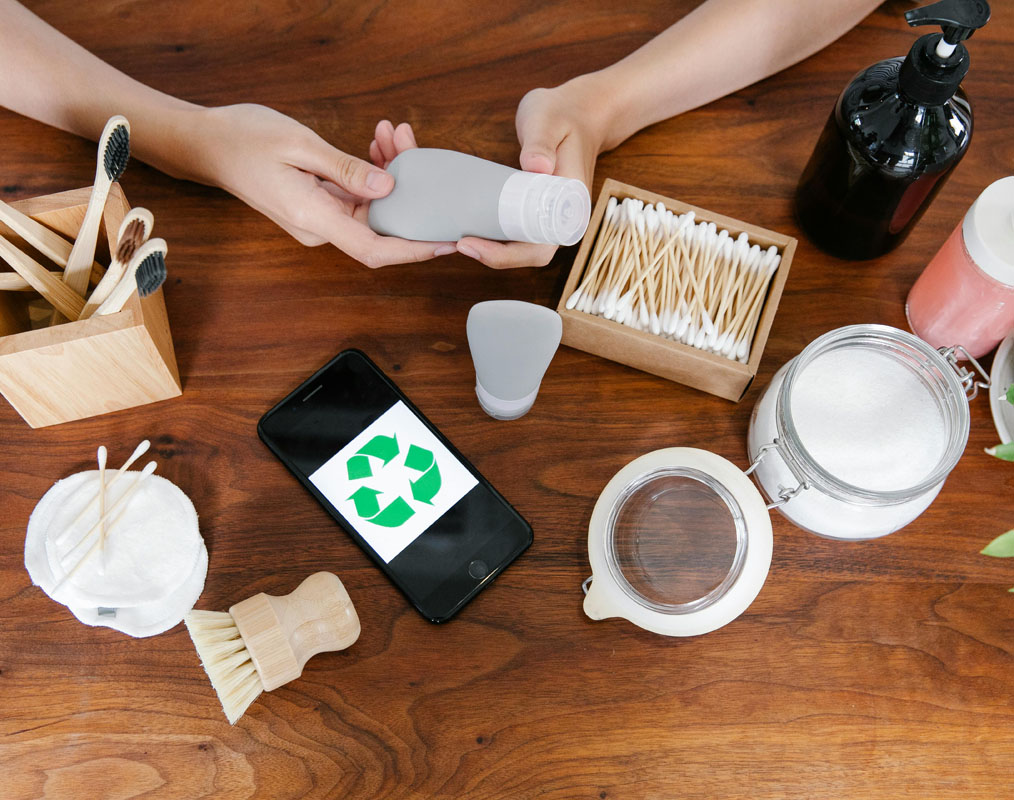


Recycled materials play a crucial role in today's green environmental agenda. With increasing societal concern for sustainability, both businesses and consumers demand higher environmental friendliness in products. Against this backdrop, recycled materials have become a widely discussed topic. Many international certification bodies have introduced corresponding certifications for recycled materials to help businesses demonstrate their commitment to environmental sustainability. Currently, major international certifications for recycling include:
